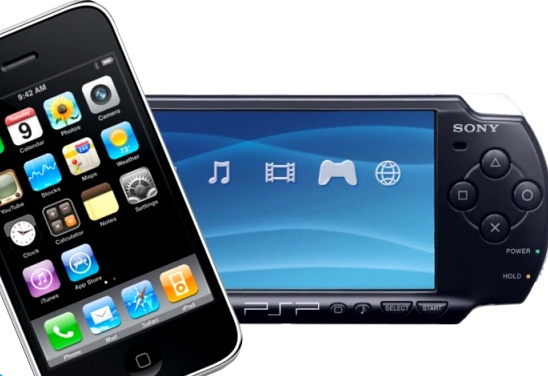 Sony continues to insist that it’s not competing with the iPhone on gaming, even though the opposite is increasingly becoming true.
Sony continues to insist that it’s not competing with the iPhone on gaming, even though the opposite is increasingly becoming true.
Tucked into Sony’s impressively newsworthy GamesCom press conference yesterday was an announcement for “PSP Minis,” a line of low-price, small-scale video games aimed at the upcoming PSP Go handheld. The list of planned games, including Air Hockey, Bowling and Pac-Man Championship Edition, sound a lot like what you’d find in the iPhone’s App Store.
This is a major about-face for Sony. In March, the company’s marketing VP Peter Dille derided the iPhone as a “separate business” that hosts “largely diversionary” games. He further explained that Sony is a gaming company that makes handheld games with 20-hour experiences. I guess Sony realized there’s also room for cheap and simple.
Still, the company won’t admit that it’s taking Apple on with PSP Minis. Here’s Gamasutra’s Leigh Alexander on follow-up with Playstation Network operations director Eric Lempel, who says Sony isn’t after Apple’s market share.
“It’s totally different,” Lempel told Gamasutra. “… It’s not open to users; these are professional developers, it’s not like what you’re seeing on that other platform.”
Someone needs to remind Sony’s handlers that “competition” doesn’t mean “approaching the market in the exact same way, warts and all.” This should be an opportunity for Sony to say “Yes, we are competing with Apple for handheld gamers’ money, and here’s how we’re going to take it.” Instead, Lempel seems unwilling to confront the truth head-on.

 I’m taking a page from Harry here, as I know he
I’m taking a page from Harry here, as I know he  I owe a belated happy anniversary to the Sega Genesis, which turned 20 years old yesterday.
I owe a belated happy anniversary to the Sega Genesis, which turned 20 years old yesterday.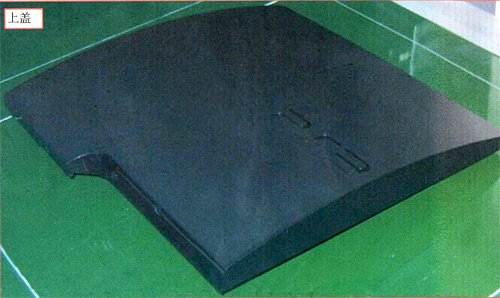 So, E3 didn’t really pan out as the place to announce price cuts for video game consoles. The rumored PS3 Slim/$100 price cut remains a rumor, and the Xbox 360 is holding steady at $200 for the Arcade model, $300 for the Pro and $400 for the Elite.
So, E3 didn’t really pan out as the place to announce price cuts for video game consoles. The rumored PS3 Slim/$100 price cut remains a rumor, and the Xbox 360 is holding steady at $200 for the Arcade model, $300 for the Pro and $400 for the Elite. DigitalTrends’ Scott Steinberg is trying his best to be provocative today, releasing the first part of a video documentary entitled “Video Games Are Dead.”
DigitalTrends’ Scott Steinberg is trying his best to be provocative today, releasing the first part of a video documentary entitled “Video Games Are Dead.”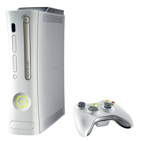 Come Tuesday, Microsoft will begin selling major Xbox 360 games for download through its Xbox Live service, but from the prices we’ve seen so far, it’s not a sound investment.
Come Tuesday, Microsoft will begin selling major Xbox 360 games for download through its Xbox Live service, but from the prices we’ve seen so far, it’s not a sound investment.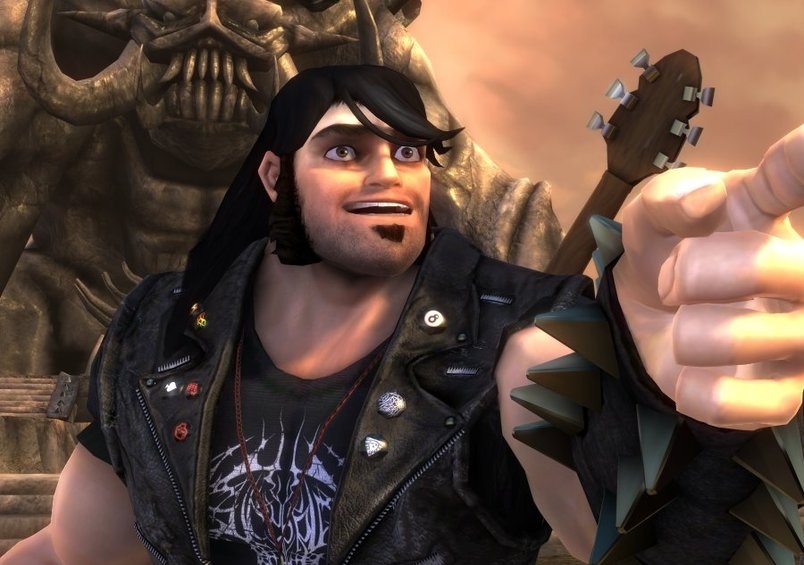 Cooler heads prevailed today, as mega game publisher Activision and
Cooler heads prevailed today, as mega game publisher Activision and 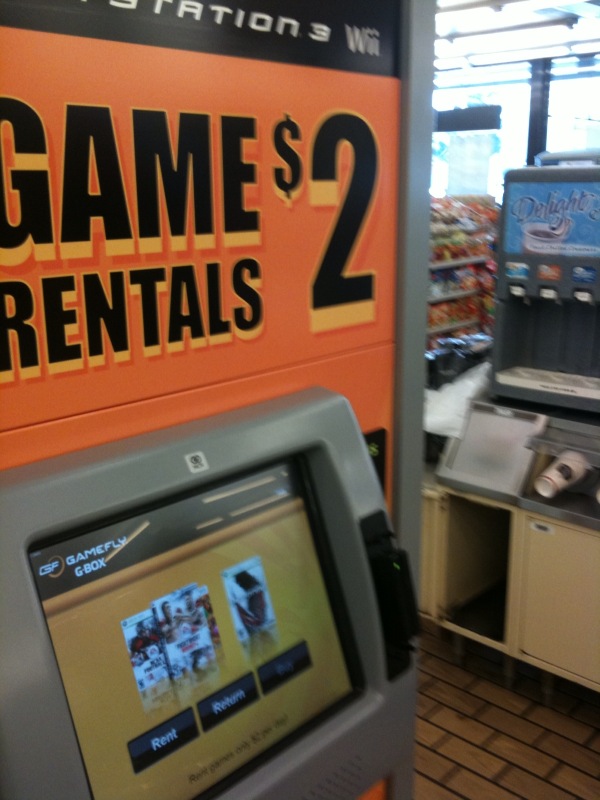 Apparently I missed the news that Gamefly is
Apparently I missed the news that Gamefly is 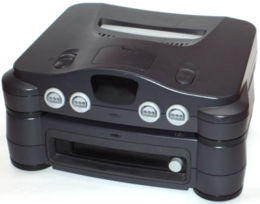 Okay, so it’s becoming clear that Nintendo doesn’t know exactly what to do with the Wii Vitality Sensor. The gadget, which supposedly measures pulse and other vitals from a player’s finger, was
Okay, so it’s becoming clear that Nintendo doesn’t know exactly what to do with the Wii Vitality Sensor. The gadget, which supposedly measures pulse and other vitals from a player’s finger, was